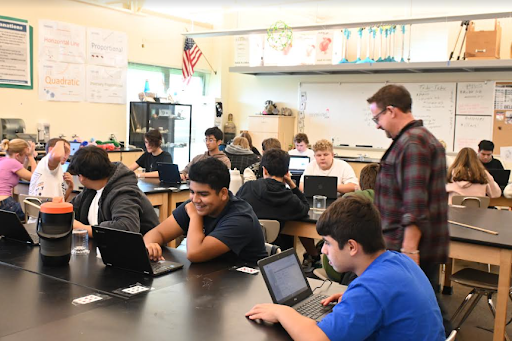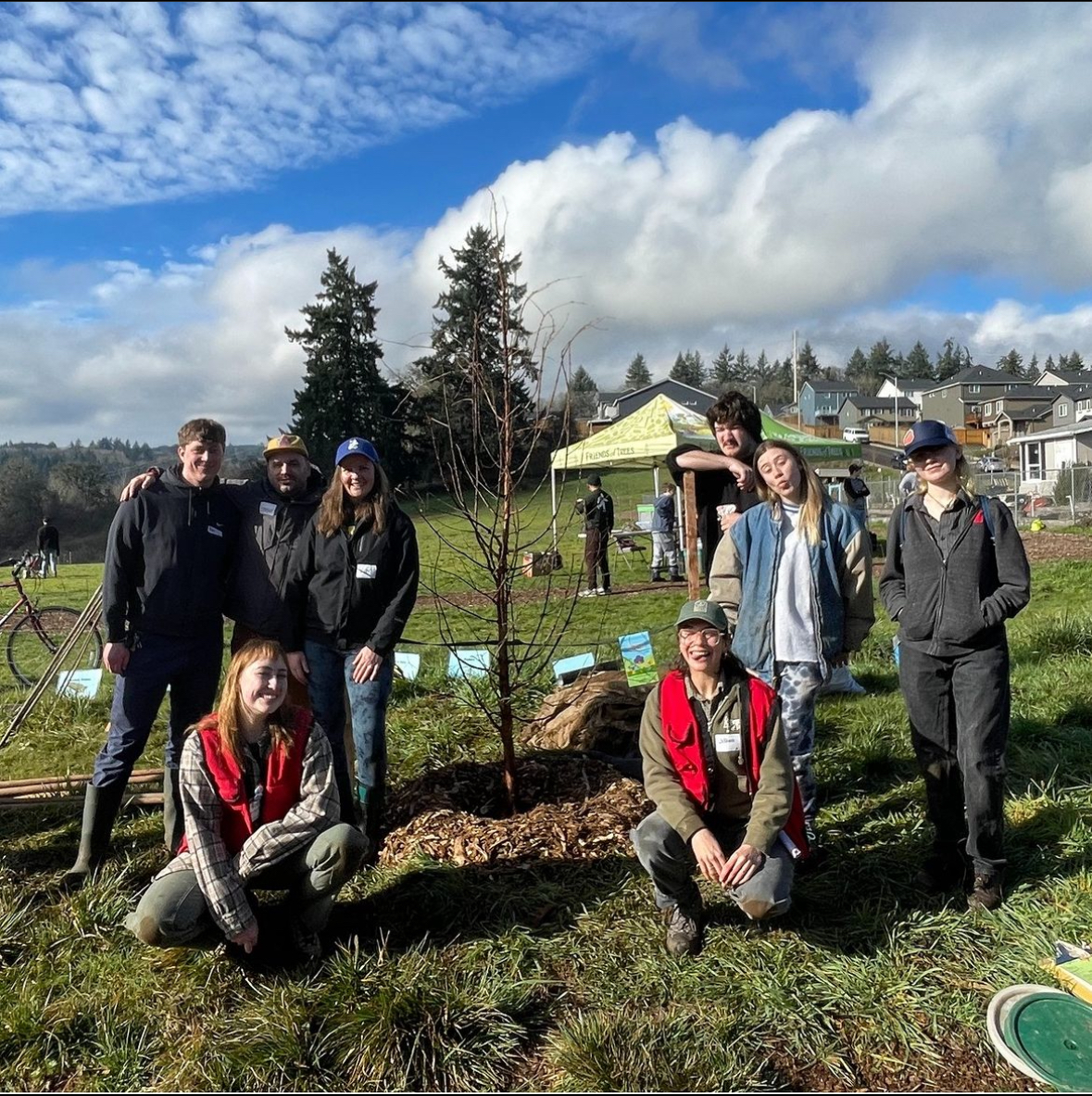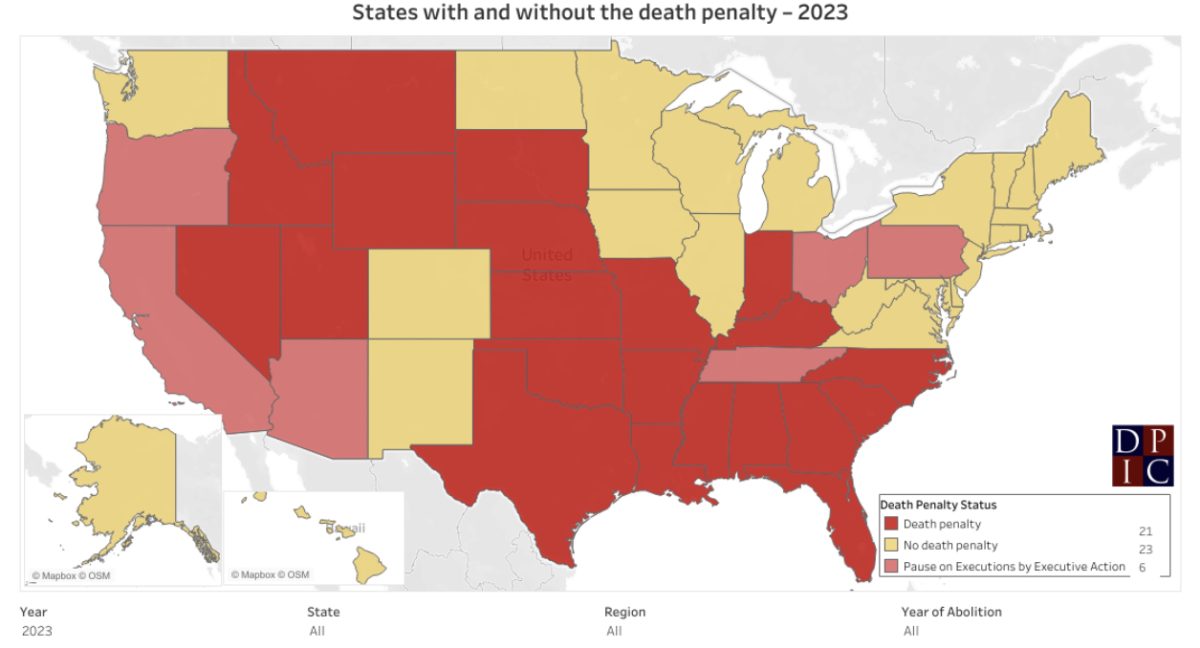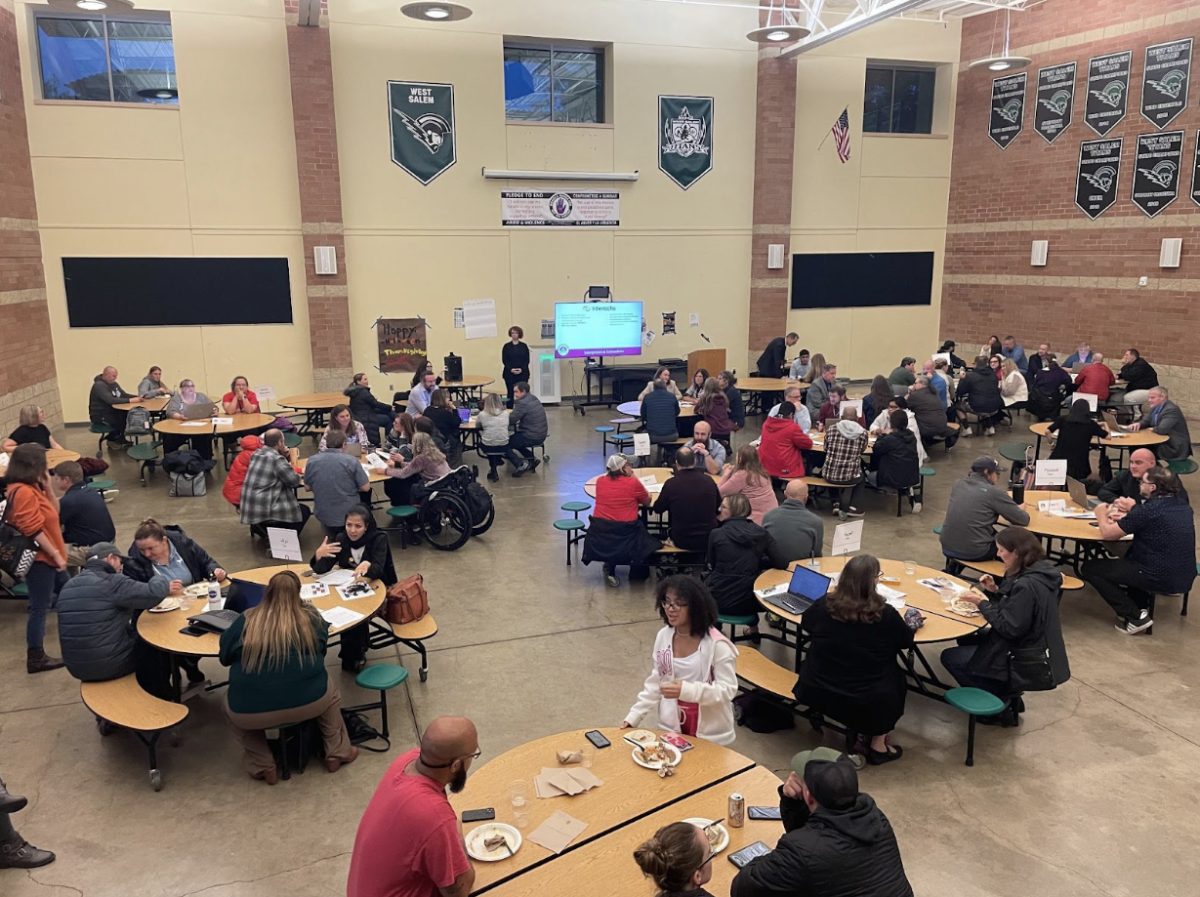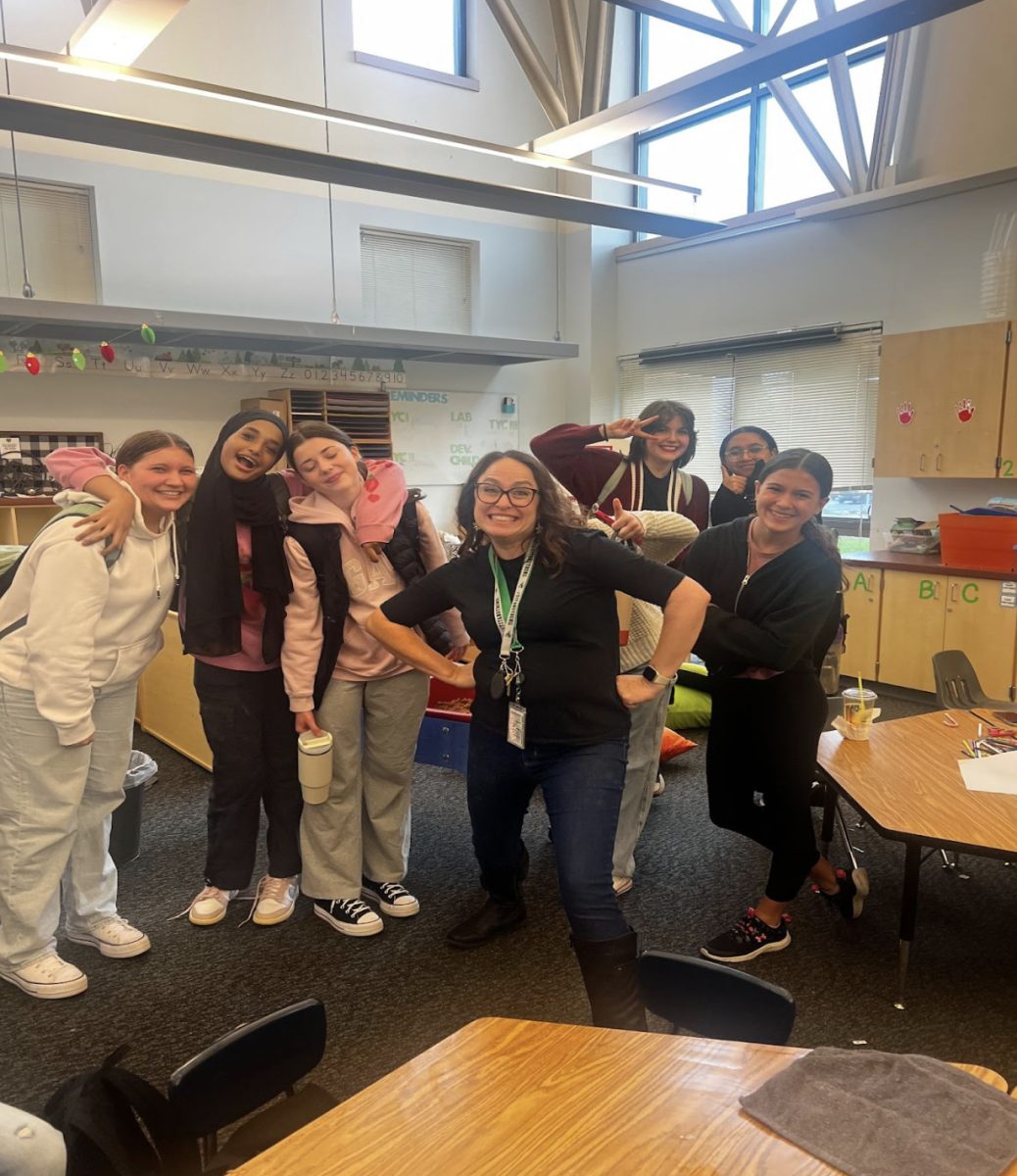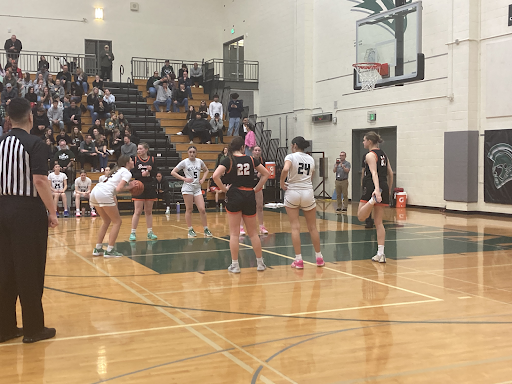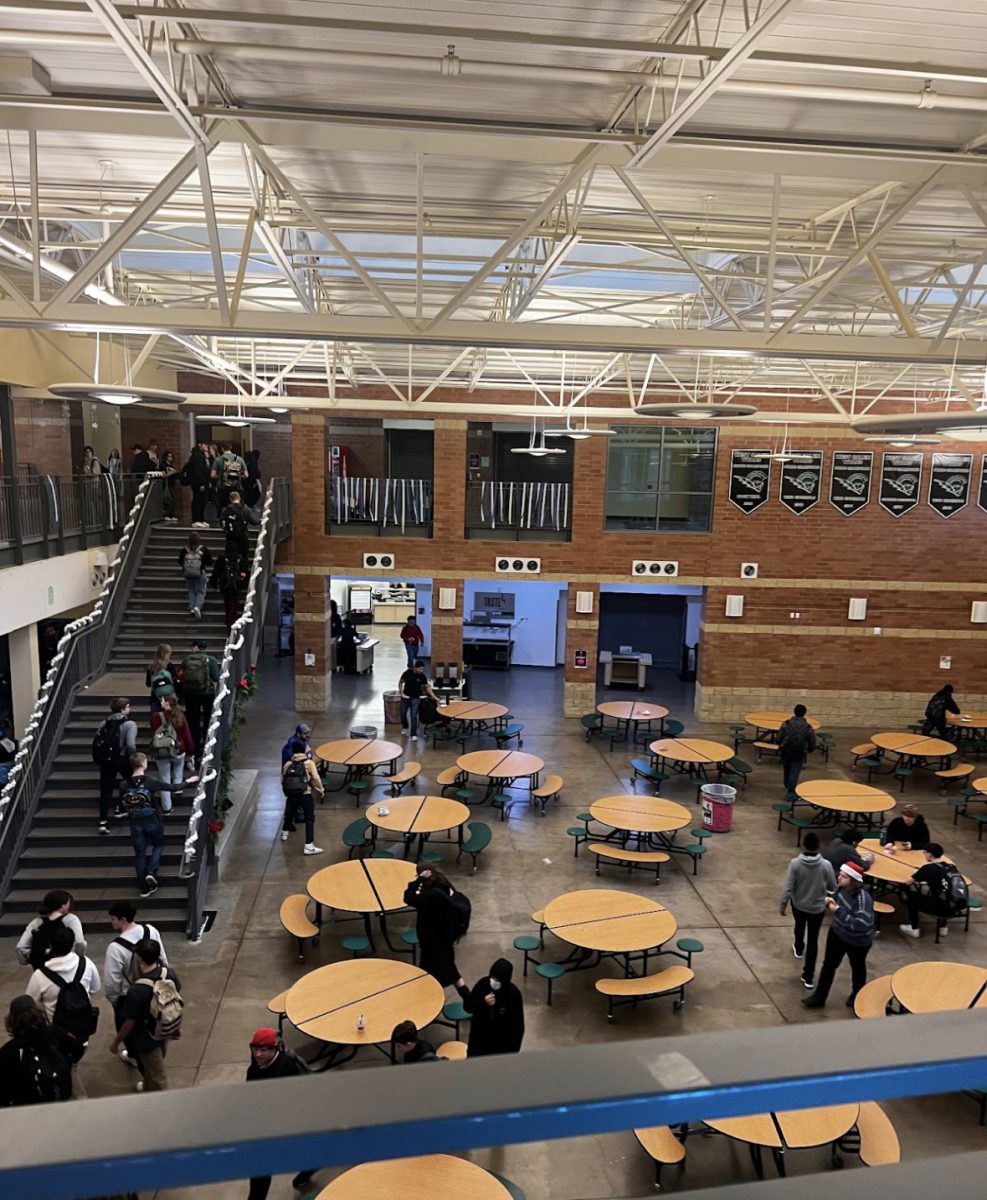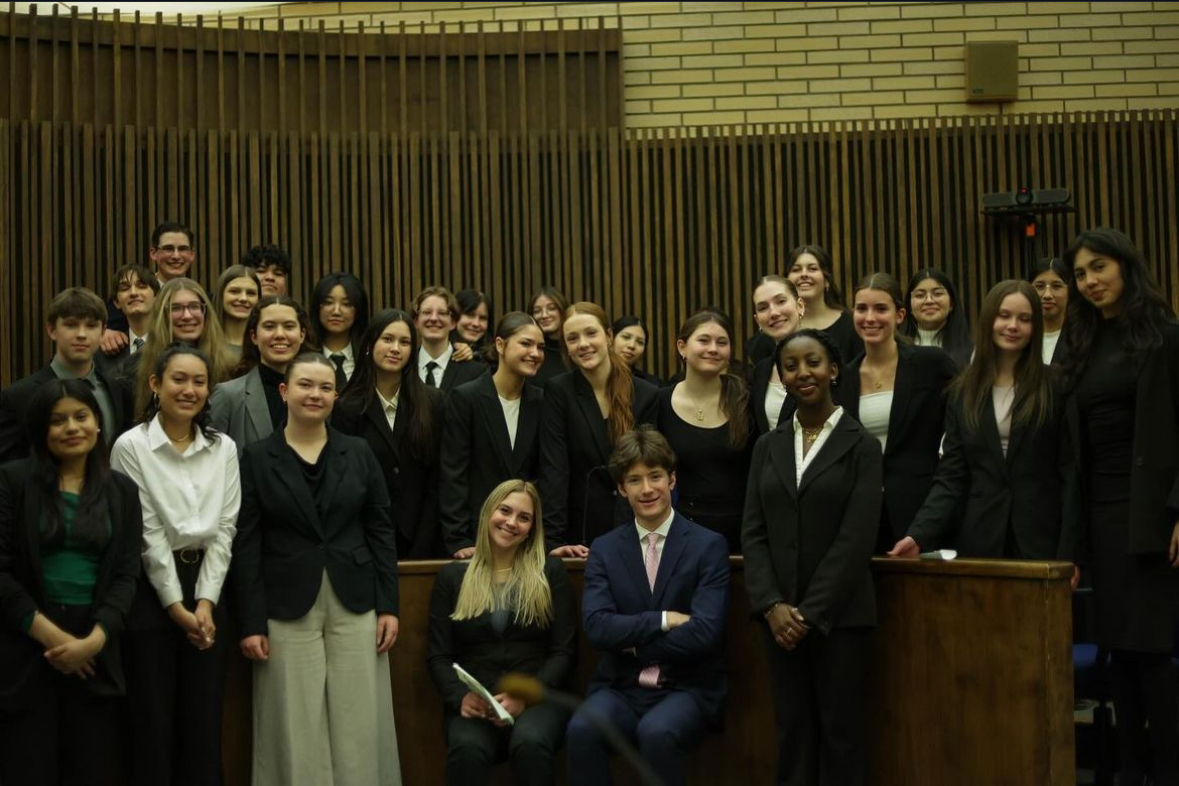Early this year, our school decided to add a set of composting bins to our school cafeteria, in order to reduce the amount of food waste that was going in the trash. But concerns have arisen about the effectiveness of these bins, and these concerns also raise questions about apathy in our school and among teenagers in general.
Junior Clark Beaty stated that the problem isn’t anything to do with the compost bins, but that the problem is with the students themselves. When asked whether or not he thought that more bins would help the problem, he said that the number of bins doesn’t matter, “You could put a compost bin in every classroom and some people still wouldn’t use them.”
This is a common theme among many school problems, from low attendance rates at girls basketball games to working together to get volunteer hours for our Sparrow Cesar. The leadership and administration programs in our school have struggled for a long time, especially post lockdown, with getting the student body engaged in projects and raising school spirit.
One thing that has changed about the compost bins since their implementation in the first semester is that there is not anybody watching them any more, at the start of the year members of the environmental club stood nearby and encouraged students to compost, in hopes that it would catch on after this stopped. But unfortunately the use of the compost bins has declined slowly since they left. Sophomore Erin Kosydar commented on this, suggesting that one way we could improve the rates at which people compost is by bringing students back to stand watch and help encourage their peers to compost, “I think we need to have more guards on duty.”
People from groups such as National Honor Society, Leadership, Environmental Club, and the Principal’s Advisory Board could easily participate in this. But is it worth all that effort? Where does compost actually go that is so different from the regular garbage? Well it goes right back into creating nutrient rich minerals that help agricultural crops grow, which circles right back into providing food for our students, aside from the obvious environmental benefits that come from less trash going to landfills.
Sadly, as the picture above shows, oftentimes the compost bins are nearly empty, and despite there being 3 of them in the lower commons alone, we are not composting as much as we should be. Whether it’s because people eat all their food, or because they just do not care, the compost bins are left as only a fraction as full as the garbage cans. So is all the extra work of having students stand by and help, custodians taking the extra bins out, and student and staff collaboration too much for such a little benefit?
Many people believe that they are worth it, the environmental club being super supportive of the idea, which you’d expect of the people running the initiative. But is the force of apathy in our school strong enough to justify no longer putting our time and energy into the bins? Or should the school put more effort into encouraging use of the compost bins to better our environment and our community?

